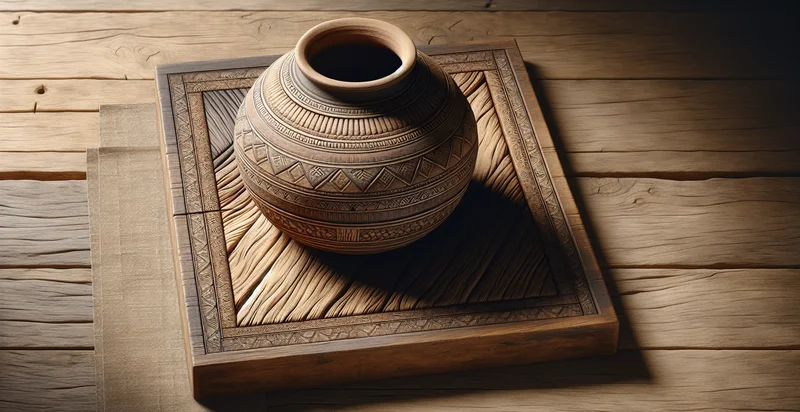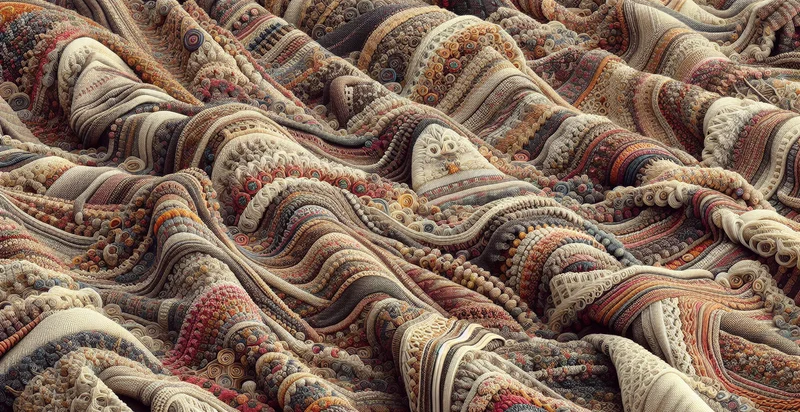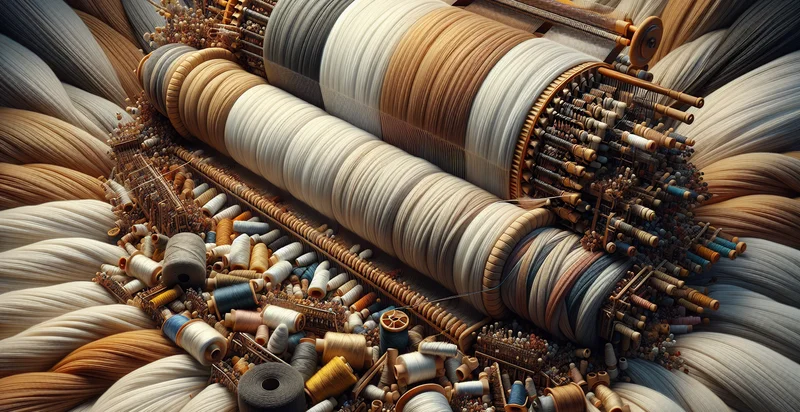Identify what material a pot is made from
using AI
Below is a free classifier to identify what material a pot is made from. Just upload your image, and our AI will predict what material a pot is made from - in just seconds.

Contact us for API access
Or, use Nyckel to build highly-accurate custom classifiers in just minutes. No PhD required.
Get started
import nyckel
credentials = nyckel.Credentials("YOUR_CLIENT_ID", "YOUR_CLIENT_SECRET")
nyckel.invoke("what-material-a-pot-is-made-from", "your_image_url", credentials)
fetch('https://www.nyckel.com/v1/functions/what-material-a-pot-is-made-from/invoke', {
method: 'POST',
headers: {
'Authorization': 'Bearer ' + 'YOUR_BEARER_TOKEN',
'Content-Type': 'application/json',
},
body: JSON.stringify(
{"data": "your_image_url"}
)
})
.then(response => response.json())
.then(data => console.log(data));
curl -X POST \
-H "Content-Type: application/json" \
-H "Authorization: Bearer YOUR_BEARER_TOKEN" \
-d '{"data": "your_image_url"}' \
https://www.nyckel.com/v1/functions/what-material-a-pot-is-made-from/invoke
How this classifier works
To start, upload your image. Our AI tool will then predict what material a pot is made from.
This pretrained image model uses a Nyckel-created dataset and has 14 labels, including Aluminum, Ceramic, Clay, Copper, Fiberglass, Glass, Iron, Metal, Plastic and Porcelain.
We'll also show a confidence score (the higher the number, the more confident the AI model is around what material a pot is made from).
Whether you're just curious or building what material a pot is made from detection into your application, we hope our classifier proves helpful.
Related Classifiers
Need to identify what material a pot is made from at scale?
Get API or Zapier access to this classifier for free. It's perfect for:
- Quality Control in Manufacturing: This function can be used by manufacturers to ensure that the materials used for their pots meet specified standards. By classifying the material, they can quickly identify and rectify any deviations in production, ensuring consistency and quality in their final products.
- Sustainable Material Sourcing: Retailers and manufacturers can leverage this function to identify eco-friendly materials in their product lines. By understanding the material composition, companies can promote sustainable sourcing and make informed decisions about their supply chain.
- Consumer Education and Transparency: This function can be integrated into consumer-facing applications to help shoppers understand the materials used in their purchased pots. By providing information about material properties, safety, and sustainability, companies can enhance transparency and build customer trust.
- Recycling and Disposal Guidance: Waste management companies can utilize this function to determine the correct disposal methods for pots made from various materials. This classification aids in the development of recycling programs and promotes environmentally responsible disposal practices among consumers.
- Market Research and Trend Analysis: Businesses in the home and garden sector can analyze material trends and preferences among consumers by categorizing pots based on their material composition. This data can inform product development and marketing strategies, tailoring offerings to meet consumer demand.
- Historical Artifact Preservation: Museums and conservationists can use this identifier to classify and preserve historical pots made from different materials. Understanding the material type helps in implementing proper care and restoration techniques that are sensitive to the characteristics of each material.
- E-commerce Product Listings: Online retailers can improve their product listings by using this function to automatically classify pots based on material. This enhances searchability and filtering options for customers, allowing them to easily find pots that meet their material preferences and requirements.


